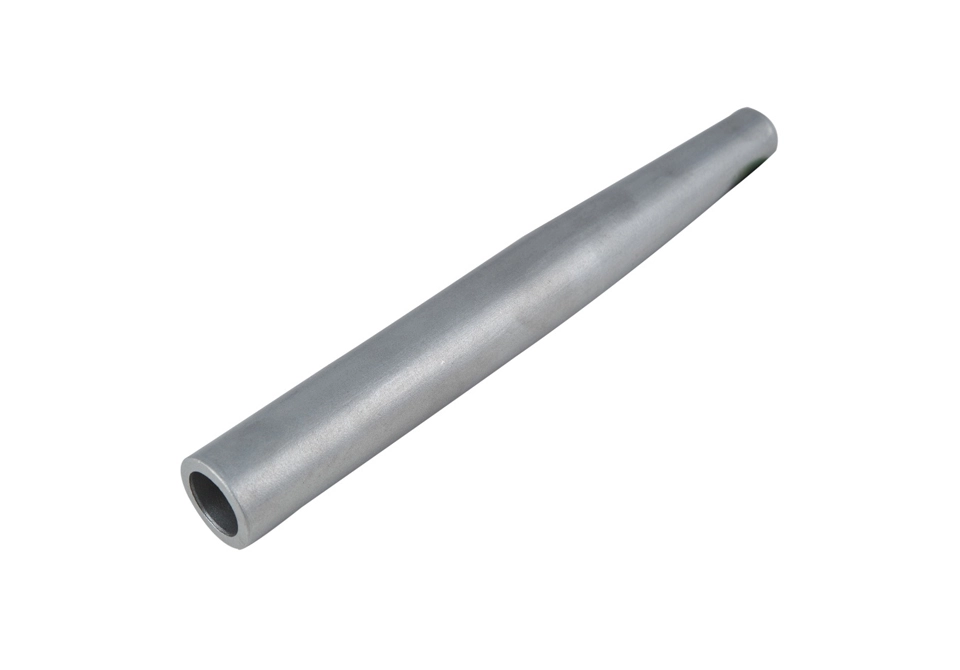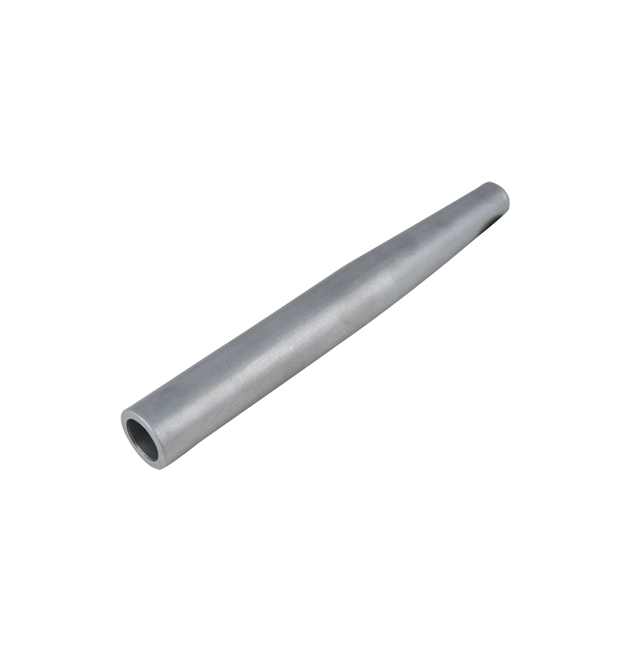Balasen can undertake various medical industry components, not limited to artificial implants (such as artificial joints, artificial teeth, etc.), surgical instruments (such as cutting tools), medical equipment components (such as CT machines, MRI machine rotating frames, cooling system components, etc.).

Good biocompatibility:
Titanium alloys can coexist harmoniously with human tissues without triggering immune reactions or allergies. Moreover, they can form a firm osseointegration with bone tissues, promoting bone growth and facilitating the long-term stable presence of implants in the body.
Excellent corrosion resistance:
A dense and stable oxide film will naturally form on the surface of titanium alloys, which can resist the erosion of human body fluids, blood, etc., ensuring that the castings will not be corroded and damaged in the body and extending their service life.
Ideal mechanical properties:
Titanium alloys have high strength and can withstand various physiological loads of the human body, such as the pressure on artificial joints during movement. At the same time, they have good toughness and are not easy to break. In addition, their low density can reduce the burden of implants on the human body and improve patients' comfort.
Low magnetism:
When undergoing examinations such as magnetic resonance imaging (MRI), the titanium alloy implants produce small artifacts, causing minimal interference to the diagnostic results of medical images, which is convenient for doctors to accurately determine the condition.
Good machinability:
Although there are certain difficulties in machining titanium alloys, with the progress of processing technologies, such as advanced cutting, casting, and 3D printing technologies, it is possible to process them into complex shapes and high-precision medical castings to meet different medical needs.
High-performance materials
Higher demands on precision titanium alloy and cobalt-chromium alloy casting technology. Expansion of metal matrix composite application for better properties.
Environmentally friendly materials
Sustainable design in medical device industry. Use of eco-friendly materials like sodium silicate sand to cut VOC emissions.
Personalized customized materials
Driven by precision medicine. 3D printing and other tech for customized implants like artificial joints and dental restorations.
Smart materials
Shape memory alloys, piezoelectric materials etc. Respond to stimuli for special functions in medical applications.

The materials include the following:
Stainless steel
ASTM A351: CF3, CF8, CF3M, CF8M, CF8C, CF10M, CN7M, CG3M, CG8M, CN3MN, CK3MCuN;
ASTM A747: CB7Cu-1;
EN10213: 1.4308, 1.4408, 1.4581;
RCC-M M3402: Z3CND19-10M, Z3CN20-09M;
Co-Cr
Titanium and titanium alloys
Gold alloy, platinum alloy